Trending Now
Tuesday, Nov, 2024
Home / International Education Community's Response to the Ukrainian War Continues
International Education Community's Response to the Ukrainian War Continues
The situation in Ukraine has impacted international students, as well as the organizations and institutions that support them...
 by Himani Verma /
by Himani Verma /  06 Apr 2022 13:43 PM IST /
06 Apr 2022 13:43 PM IST /  0 Comment(s) / 977
0 Comment(s) / 977
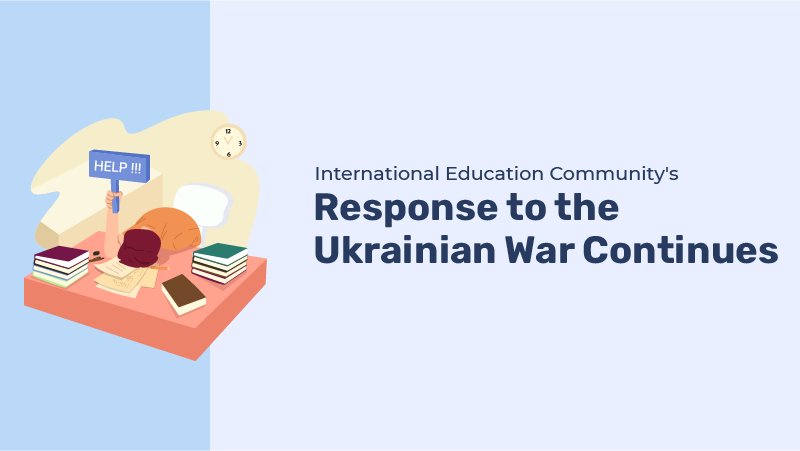
The situation in Ukraine has impacted international students, as well as the organizations and institutions that support them.
Relief efforts are being mobilized in towns and campuses worldwide for affected students and their families.
Cities that you may have seen at schooling fairs are being dismantled right now. "People you meet on business trips live in bomb shelters," a group of Ukrainian education officials stated earlier this month in a joint statement. "Today, we need your help to raise awareness about the need to preserve the future." We urge educational institutions worldwide to support Ukraine and its people."
The solution came quickly and from all over as institutions and organizations worldwide responded to the situation.
Ukraine's students play a vital role in the conflicts of War:
In the War in Ukraine, international students have played a crucial role. First and foremost, among the tens of thousands of international students in Ukraine, many of whom are from Africa and South Asia, have struggled to find refuge or flee since Russia's invasion on February 24. At least two visiting students were killed in the early days of the fighting, which proved terrible.
As the war enters its third week, accounts of students being cut off from evacuation routes and frantically pleading for assistance are becoming more regular. According to the Guardian, an estimated 1,200–1,500 international students were stranded in Sumy, a Ukrainian town near the Russian border, late last week.
Ukrainian and Russian students who are currently studying abroad:
Any Ukrainian or Russian students currently studying abroad are also profoundly affected by the War, and fresh financial concerns loom over their continuing studies. With the collapse of the Russian ruble – which has lost half of its value –– and new limits on access to foreign exchange and international banking systems, many students will struggle to access funds and pay their school fees and living expenses.
Students from Ukraine and Russia studying abroad:
The conflict also impacts any Ukrainian or Russian students studying abroad, and new financial problems loom over their ability to continue their education. Many students may struggle to access funds and pay their school tuition and living expenses due to the collapse of the Russian ruble, which has lost half of its value so far, and additional restrictions on access to foreign exchange and international banking systems. Communities worldwide are rallying to raise funds in relief of any affected students, and special relief measures are being put in place in many institutions.
Other industry bodies have weighed in, including the US-based Institute of International Education (IIE), which has mobilized its existing relief funds to support students in crisis. Within the IIE Emergency Student Fund, the IIE has created a unique Ukraine stream "to give financial support to Ukrainian students studying in US colleges and universities."
The battle to evacuate international students during the Ukraine crisis:
Thousands of international students are attempting to exit Ukraine, with governments and non-governmental organizations attempting to assist them.
Many overseas students live in Kharkiv, Ukraine's second-largest city and a frequent target of Russian military attacks.
At least two international students have died so far, and international student evacuation organizations are springing up, with governments on the ground assisting students in crossing the border into neighboring countries and then on to flights home.
Some African students encounter racial harassment at border crossings while trying to leave the country.
The absence of overseas students will have a severe economic impact on Ukraine.
The conflict in Ukraine is intensifying, putting tens of thousands of international students and native Ukrainians in severe danger. Russian President Vladimir Putin has ordered the employment of more lethal weaponry, and there is now proof that civilians are being targeted, not just Ukrainian fighters and political/military figures. We were deeply saddened to learn that one Indian student and an Algerian student had died in Kharkiv in recent days due to the city's heavy bombardment.
India is attempting to transport students to safety in our country:
India is the greatest international student sender to Ukraine, with about 20,000 Indians studying there in 2019. In coordination with the Hungarian government, the Indian embassy in Hungary has dispatched a team to the Zohanyi border station to supervise the evacuation of Indians from the country. According to the Business Standard, the Indian Embassy in Kyiv is "advising Indian students on how to approach the country's western borders to reach Poland, Romania, or Hungary, from where they can board Air India planes expressly operated by the Indian government to reach India."
In six evacuation flights, 1,396 Indian nationals have been evacuated back to India from Ukraine as of March 1. However, according to a government official reported by Reuters, an Indian team "positioned near Belgorod, a Russian city roughly 70 kilometers (45 miles) from the Ukrainian border... has been unable to evacuate individuals due to the conflict."
Many Moroccan students are still stranded in the United States:
Moroccan student families have also asked their government to assist with the evacuation effort. Moroccan students make up the second-largest international students in Ukraine, behind Indians, with 8,000 enrolled in Ukrainian universities.
According to the Middle East Eye, students from various Middle Eastern and North African nations (e.gAlgeria, Lebanon, Egypt, and Iraq) are also in Ukraine, and others say they can't afford to return home and are compelled to stay.
Racism allegations have surfaced:
There have been complaints of African students being discriminated against when they attempt to cross the border into countries like Poland; certain border officers prioritize evacuees of European ethnicity. As a result, African students are using the hashtag #AfricansinUkraine to voice their unhappiness with their treatment.
In response to the claims of racism, the African Union issued a statement reminding countries that "all citizens have the right to cross borders during international emergencies... regardless of their nationality or racial identity."
Ukraine's economy will be severely harmed:
Aside from the awful human suffering caused by Russia's invasion of Ukraine, it is also creating havoc on the Ukrainian economy, boosted by international students in normal times. According to Al Jazeera, international student spending accounts for a higher proportion of GDP in Ukraine than it does in the United States:
"Foreign students generate US$542 million in revenue for the country, which has a GDP of US$155 billion, or more than $3 of every $1,000 spent." In 2020-2021, international students contributed US$28.4 billion to the US economy's total value of US$21 trillion or less than $1.5 of every $1,000."
In response to these losses, the rest of the world invests extraordinary amounts in assisting Ukrainians, with millions of dollars going toward economic infrastructure reconstruction.
A special remark on the Ukraine conflict:
We at ICEF Monitor, along with our readers worldwide, have been watching with horror as Russian President Vladimir Putin escalated months of threats to a full-scale invasion of Ukraine this week.
It is "a violation of Ukraine's territorial integrity and sovereignty," according to WYSE, as well as a heinous attack on a free country and people who have done nothing to deserve such a conflict.
International students, educators, and agents in Ukraine have our thoughts and support. We send our best wishes to the kids' parents, siblings, and friends worldwide who are concerned about their safety. We pray for all Ukrainians, and we admire the courage of Russians opposing the War despite the actual threat of being arrested.
International education has been essential in strengthening ties between Ukrainians and people worldwide. Currently, about 80,000 international students are pursuing higher education degrees in Ukraine. They are from all over the world, with the majority being from India, Morocco, Azerbaijan, Turkmenistan, and Nigeria. They selected Ukraine for various reasons, including price, educational excellence, and, yes, safety, which seemed to be a near guarantee until lately.
Most of those overseas students seek refuge in basements, tunnels, parking lots, and subway systems due to the invasion rather than in classrooms among peers and educators who are equally committed to education and growth. We are unified in our support for the Ukrainian people, and we admire their incredible bravery.
Conclusion:
At the end of this Article, I would like to conclude that War is not the option for peace. It left behind misery.
It also includes mass city devastation and long-term economic impacts on a country's economy. In addition, the armed conflict has far-reaching negative consequences for infrastructure, public health, and social order. Yet, unintended consequences are usually overlooked and discounted.
The majority of wars result in a considerable number of deaths. Armed conflict, by definition, murders, injures and hurts more males than women because fighters are overwhelmingly male. In addition, armed warfare has a variety of unintended consequences, including health and survival. "Armed conflict creates conditions conducive to higher morbidity and death."

Blog / February 11, 2024
Mastering Spoken English: A Journey Through Real-Life Conversations

Blog / January 19, 2024
The Crucial Need for Cybersecurity Education in School Curriculums

Blog / December 19, 2023
How Gamification Transforms Learning into Adventure

Blog / December 01, 2023
Empowering Education: How Artificial Intelligence Shapes the Future of Learning

Blog / September 10, 2023
Looking for Scholarships? 3 Programmes to Apply for by September-October 2023

Blog / May 11, 2023
Top 10 Career Choices for Generation Z

EShort / February 16, 2024
IMS Noida Admissions 2024: Apply for UG, PG programmes

EShort / February 16, 2024
GATE 2024: Response sheet out

EShort / February 16, 2024
BSSTET 2023: Admit card released

EShort / February 16, 2024
NID DAT 2024: Prelims result released

EShort / February 16, 2024
IIT JAM 2024: Response sheet released

Jobs / February 16, 2024
UPSC Recruitment Drive 2024: Apply for 120 vacancies in various departments

EShort / February 14, 2024
UPSC CSE 2024: Official Notification issued; application process begins

Editor's Desk / April 17, 2020
How Does Society Impact Our Education?

Current Affairs / April 22, 2020
Mr. Sudarsanam Babu appointed to U.S. Science Board.
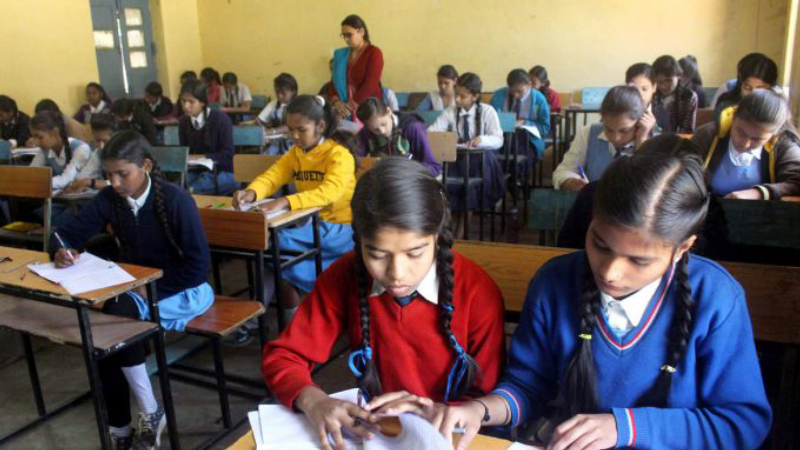
Reforms / April 17, 2020
Traditional Structure of Education In India
.jpg)
Events & Seminars / April 17, 2020
PISA!!
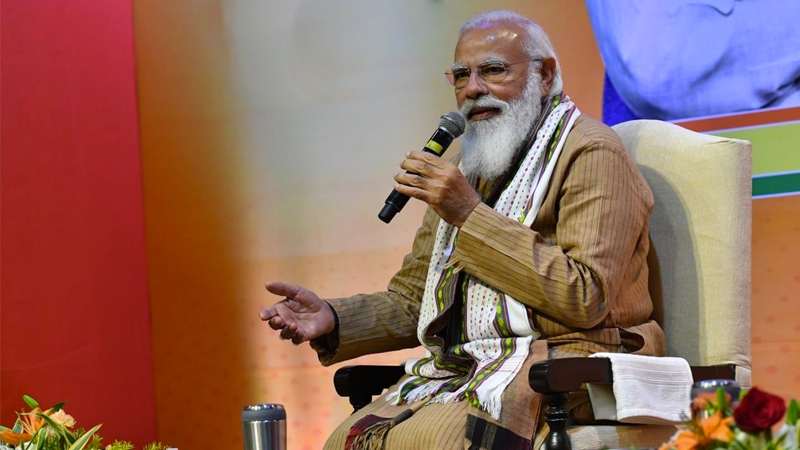
Blog / February 26, 2021
Government's Action On #ModiRojgaarDo

EShort / May 19, 2022
CUET PG 2025 has started the registration process.

Notice Board on Important Dates / April 21, 2020
World Heritage Day

News / July 08, 2021
JEE Mains Registration For Session 3: Last Date To Apply

EShort / December 14, 2021
UPSC Declared Final Result For DCIO Recruitment








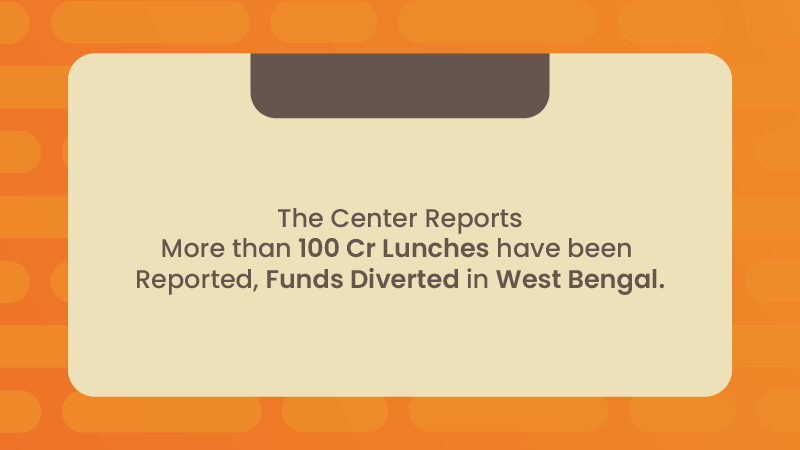

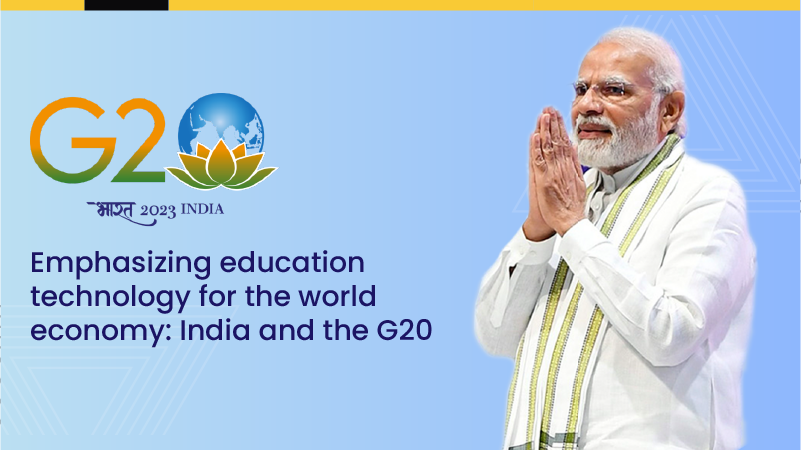

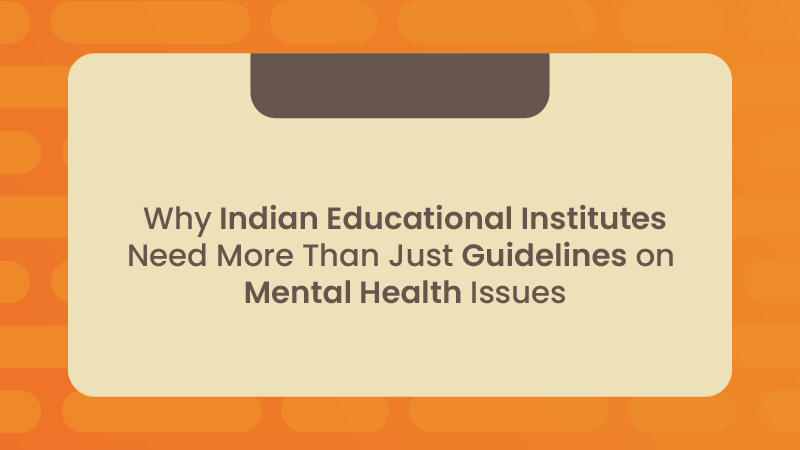

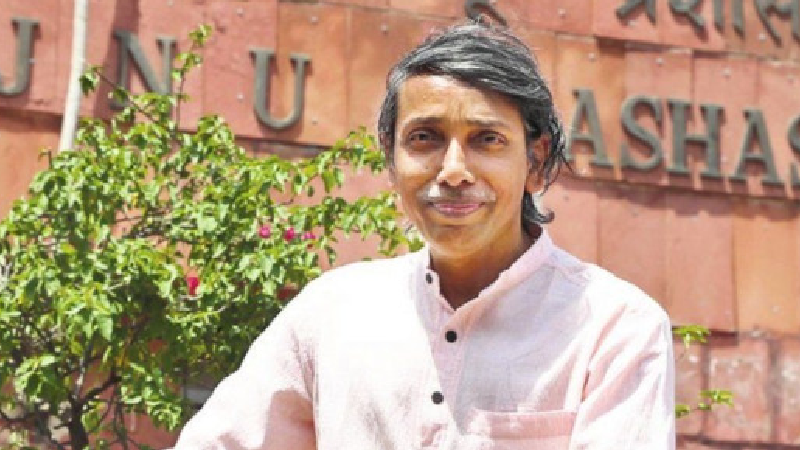




0 Comments
Post Comments